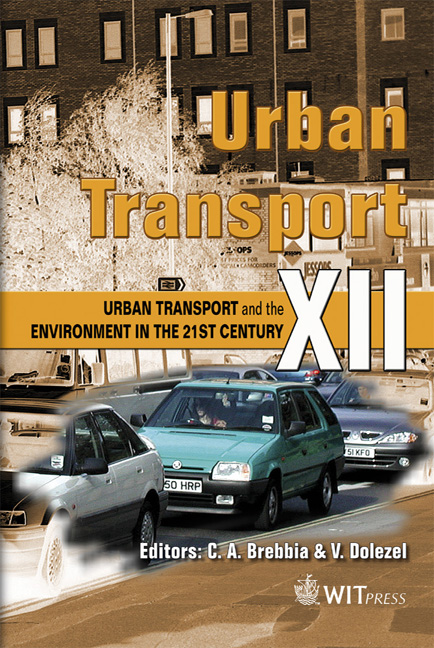Bus Priorities And Their Effects On Local Trade
Price
Free (open access)
Transaction
Volume
89
Pages
8
Published
2006
Size
310 kb
Paper DOI
10.2495/UT060101
Copyright
WIT Press
Author(s)
S. Ward
Abstract
Bus priorities are often favoured by transport authorities in urban areas as a costeffective means of reducing congestion and reliance on the car through promoting more sustainable travel. However, where their introduction involves reduction in the availability of on-street parking in local shopping areas, opposition frequently arises from retailers concerned over the impact on car-borne trade. This paper reviews the links between transport policy, parking and the economy of local trade and considers the effects new bus priorities may have. There is strong evidence to suggest that car-borne and bus-borne shoppers are of fairly similar importance to trade, contrary to many retailers perceptions; furthermore the local nature of shopping in these areas and the consequent importance of the walking environment appears to be greatly underestimated. Keywords: bus priorities, retail, local shopping, parking enforcement. 1 Introduction The introduction of bus priorities has many attractions for those charged with promoting more sustainable travel: flexible, more economical and more easily integrated than other forms of public transport they are seen as a relatively lowcost, high-profile way of attracting more passengers in an otherwise declining bus market. In recent years the UK bus industry has been forced to adapt to this shrinking market through forming partnerships with local authorities in their efforts to mitigate the effects of congestion on services in urban areas while developing more flexible and responsive services in rural districts such as community transport initiatives.
Keywords
bus priorities, retail, local shopping, parking enforcement.





